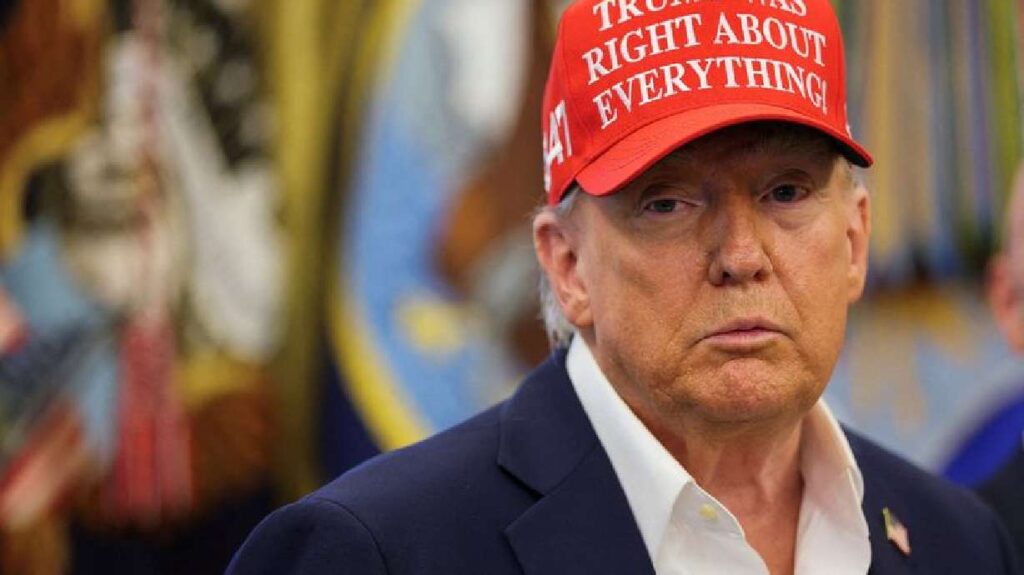Table of Contents
Why EvWhy Everyone Is Talking About the Cashless Bail Crackdown 2025
The Cashless Bail Crackdown 2025 has quickly become one of the most controversial criminal justice issues in the United States. In places like New York, Washington D.C., and Illinois, lawmakers are tightening rules on who can be released before trial.
Previously, bail reform allowed many non-violent defendants to remain free while awaiting trial, without paying thousands of dollars in bail. Now, prosecutors are asking judges to keep more defendants behind bars, claiming it will reduce repeat offenses and improve public safety.
But critics say this rolls back years of progress. Instead of promoting fairness, it risks punishing low-income communities while giving judges wide discretion to jail people who have not been convicted of a crime.
What the Crackdown Actually Means for Defendants
For anyone accused of a crime in 2025, these changes matter. Here’s what defendants may face under the Cashless Bail Crackdown 2025:
- More Pre-Trial Detention – Judges can deny release for more types of cases, even non-violent ones.
- Pressure to Plead Guilty – Staying in jail makes defendants more likely to accept plea deals just to get out.
- Unequal Impact – Wealthier defendants can still afford better representation, while low-income individuals face harsher outcomes.
- Longer Legal Battles – Defense lawyers must now challenge detention earlier and more aggressively.
Live Example: Bronx Case Sparks Outrage
In January 2025, a 24-year-old man in the Bronx was denied release under the new crackdown after being charged with shoplifting. Prosecutors argued he was a “repeat risk,” even though the charges were non-violent and his prior offenses were minor.
Civil rights advocates immediately pushed back, claiming this was proof the Cashless Bail Crackdown 2025 unfairly targets the poor. The case is now being used as a test challenge in New York’s appellate courts.
This example shows how easily a minor case can escalate into a months-long jail stay, even before trial begins.

Why Is This Happening Now?
The push for stricter bail policies didn’t happen overnight. In 2024, a spike in media coverage of violent crime—especially high-profile repeat offender stories—sparked fear and political pressure. Lawmakers promised voters tougher action, and by 2025, the crackdown was underway.
But data tells another story. Multiple studies show that bail reform laws did not increase violent crime rates in New York or D.C. Critics argue the crackdown is less about safety and more about political optics.
Defense Strategies Under Cashless Bail Crackdown 2025
For defendants, navigating this new system requires smart legal defense. Some strategies defense attorneys are using include:
- Challenging Detention Orders – Arguing there’s no evidence of danger to the community.
- Using Constitutional Protections – Citing the Eighth Amendment (excessive bail) and Fourteenth Amendment (due process).
- Proving Community Ties – Showing employment, family responsibilities, and stable housing.
- Appealing Pre-Trial Detention – Many crackdown rulings can be reviewed by higher courts.
- Highlighting Alternatives – Advocating for supervised release or electronic monitoring instead of jail.
For defendants and their families, knowing these strategies can mean the difference between waiting for trial at home or behind bars.
The Bigger Picture: Safety vs. Civil Liberties
Supporters of the Cashless Bail Crackdown 2025 say it’s about keeping repeat offenders off the streets. Opponents say it’s about undermining the presumption of innocence.
The truth likely lies somewhere in between. But one thing is clear: the crackdown will clog jails, increase taxpayer costs, and pressure more defendants into unfair plea deals unless courts strike a balance between public safety and individual rights.
Suggested YouTube Video to Embed
👉 Watch: “Cashless Bail Explained: How Bail Reform Impacts Defendants”
Embedding a video like this not only keeps readers engaged but also improves SEO ranking signals.

Final Word
The Cashless Bail Crackdown 2025 is already changing how defendants are treated in New York and D.C. If you’re facing charges under these new laws, don’t wait—the earlier you contact a defense lawyer, the stronger your case will be.
Our firm is committed to fighting unfair detentions, protecting constitutional rights, and keeping clients out of jail while awaiting trial.
📞 Contact us today for a free consultation.


Leave a Reply